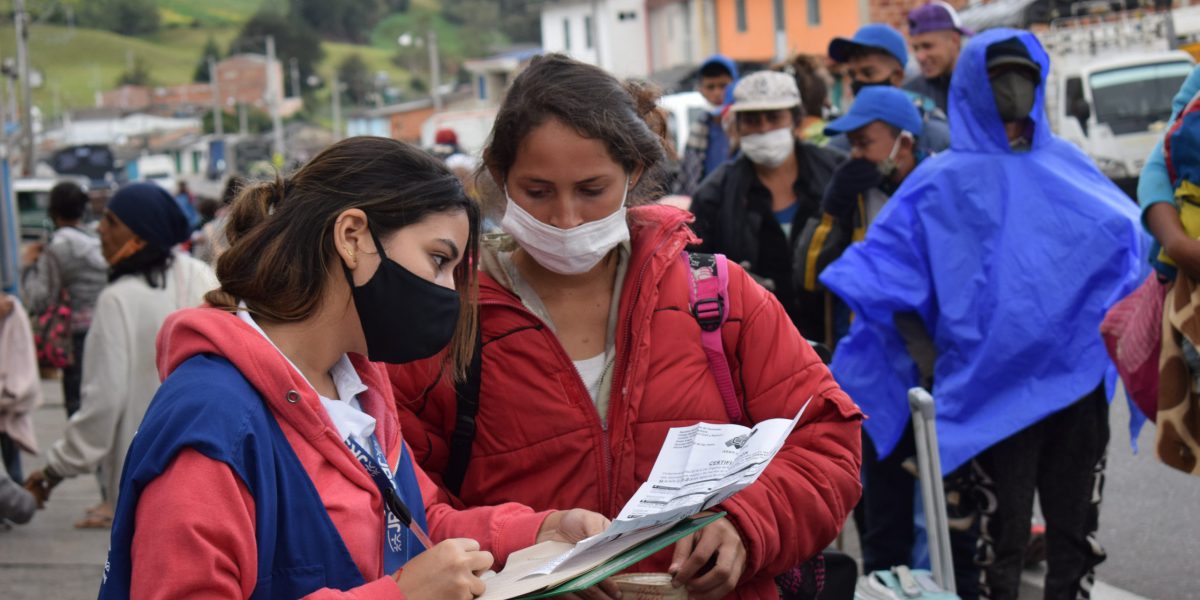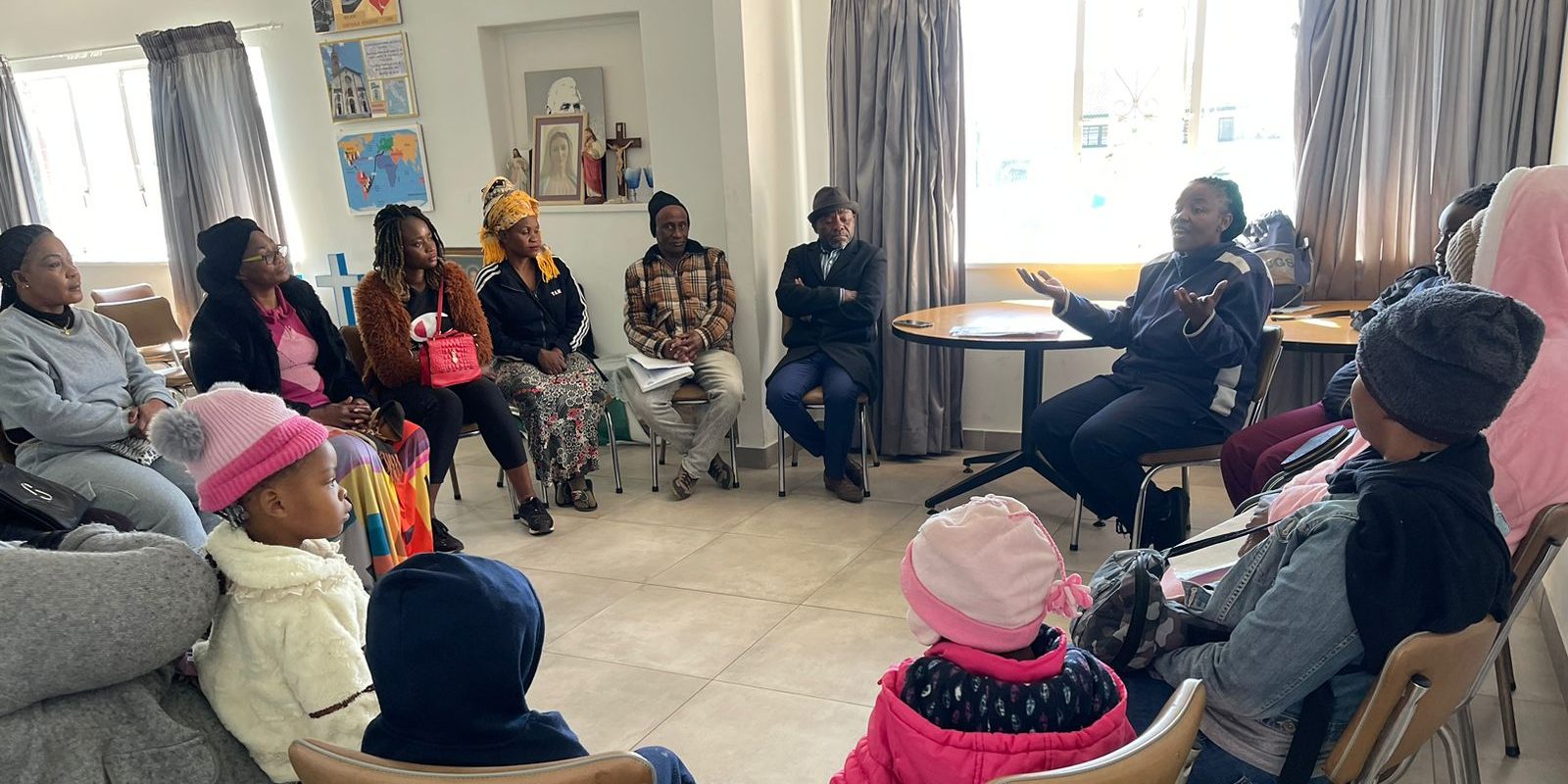Seeking Protection in a Pandemic: COVID-19 and the Future of Asylum
14 April 2021|JRS Publications

A new report released in April 2021 from Jesuit Refugee Service/USA (JRS/USA) and Georgetown University’s Institute for the Study of International Migration (ISIM), Seeking Protection in a Pandemic: COVID-19 and the Future of Asylum, finds that restrictions put into place to protect public health during the pandemic will have long-lasting impacts on US and global asylum policies and that these restrictions amplified existing inequalities between displaced and host populations. The report, which provides snapshots of policies and their impacts from regions and countries around the world, makes clear that people seeking safety from persecution and violence have not been able to legally do so over the last year.
In response to the initial outbreak of COVID-19 in early 2020, 167 countries closed their borders, including to asylum seekers, and as of March 2021, there are still 57 countries where access to territory is denied with no exceptions for asylum seekers.
The report includes a series of recommendations asking policy makers to:
• Re-instate access to asylum, including at the US border, putting in place measures that manage risks to public health, but that do not deny persons seeking protection.
• Increase investments in asylum systems to boost operational capacity and ensure that backlogs exacerbated by the pandemic are addressed.
• Cease the detention of children and provide safe and hygienic spaces for minors which have demonstrated past success.
• Provide safe and legal pathways for protection to those who are eligible including resettlement, family reunification policies, and humanitarian visas.



